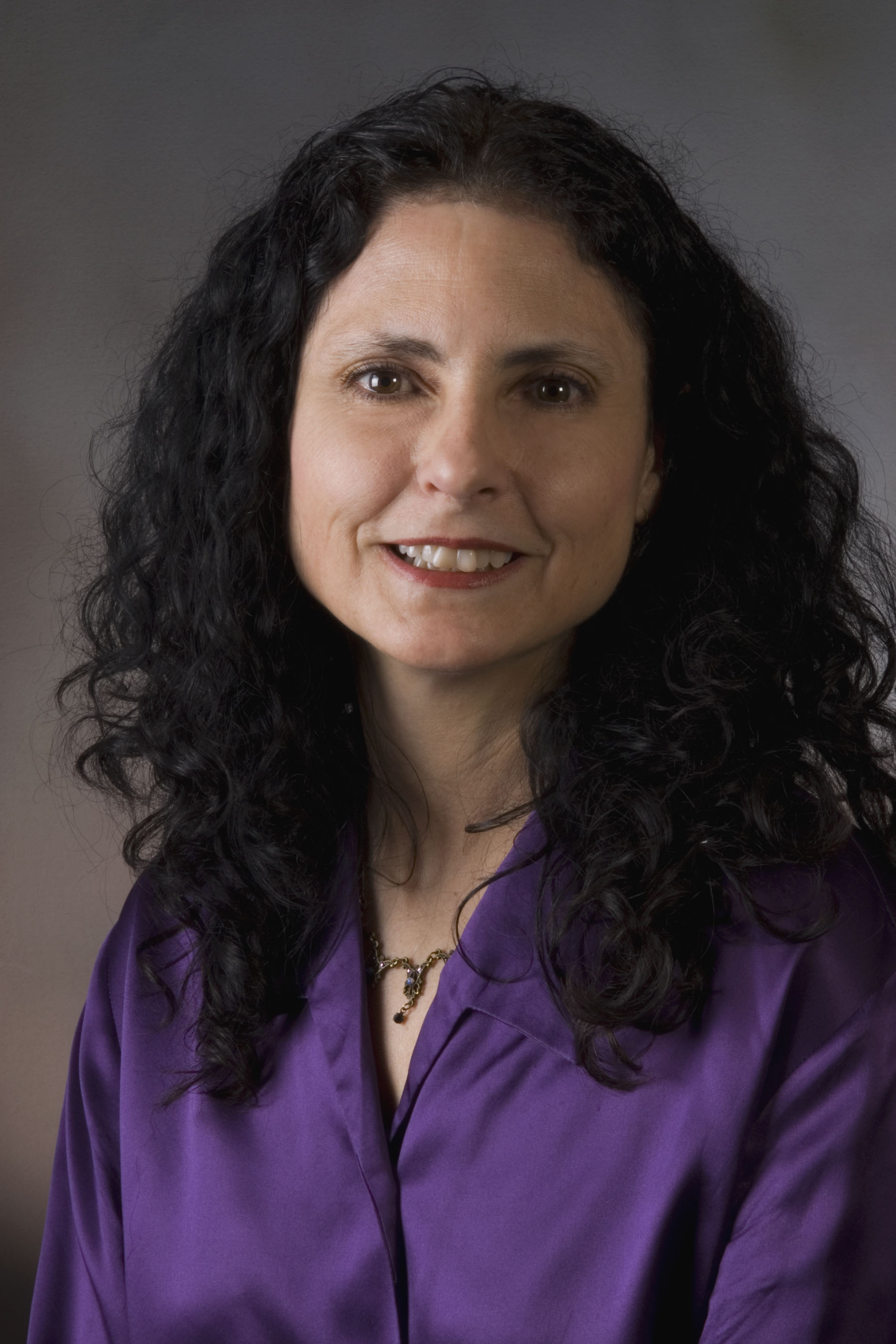Toni M. Calasanti appointed to United Nations' International Institute on Ageing board

Toni M. Calasanti, professor of sociology in the College of Liberal Arts and Human Sciences, has been appointed to the board of the United Nations' International Institute on Ageing.
Calasanti is the only American named to the eight-member board, which will act as a think tank to guide the institute’s work around the world.
Launched in 1988, the International Institute on Ageing offers multidisciplinary education and training programs around the world and facilitates the exchange of information on issues related to aging. It is based in Malta, which raised the issue of aging as a matter of global concern to the United Nations in 1968.
Her role will include traveling to low- and middle-income countries to train and give presentations, and taking part in global events such as the International Association of Gerontology’s conference every four years.
“I am honored and eager to be part of this global initiative,” said Calasanti, who is a faculty affiliate of the Center for Gerontology and also Women’s and Gender Studies. “The International Institute on Ageing serves as a bridge between countries which have already experienced an aging transition and other countries which are embarking on this transition. The idea is to learn from each other's successes and mistakes.”
Calasanti came to Virginia Tech in 1987 as an assistant professor of sociology. She has received a number of university honors, including the Virginia Tech Alumni Award for Research Excellence in 2006, the College of Liberal Arts and Human Sciences’ Excellence in Graduate Student Advising Award in 2009, and the college's Certificate of Teaching Excellence in 2008.
Earlier this year, she was named a Senior Fellow in the Institute for Society, Culture, and Environment at Virginia Tech.
Calasanti’s research focuses on gerontology, gender and sexuality, women and work, political economy and social policy, and social inequality. She is the co-author of “Gender, Social Inequalities, and Aging,” which examines how the experiences of women and men in later life vary not only according to gender but also ethnicity and sexual orientation.
She received her Ph.D. and a master’s degree from the University of Kentucky and a bachelor's degree from Loyola Marymount University.
Dedicated to its motto, Ut Prosim (That I May Serve), Virginia Tech takes a hands-on, engaging approach to education, preparing scholars to be leaders in their fields and communities. As the commonwealth’s most comprehensive university and its leading research institution, Virginia Tech offers 240 undergraduate and graduate degree programs to more than 31,000 students and manages a research portfolio of $513 million. The university fulfills its land-grant mission of transforming knowledge to practice through technological leadership and by fueling economic growth and job creation locally, regionally, and across Virginia.




